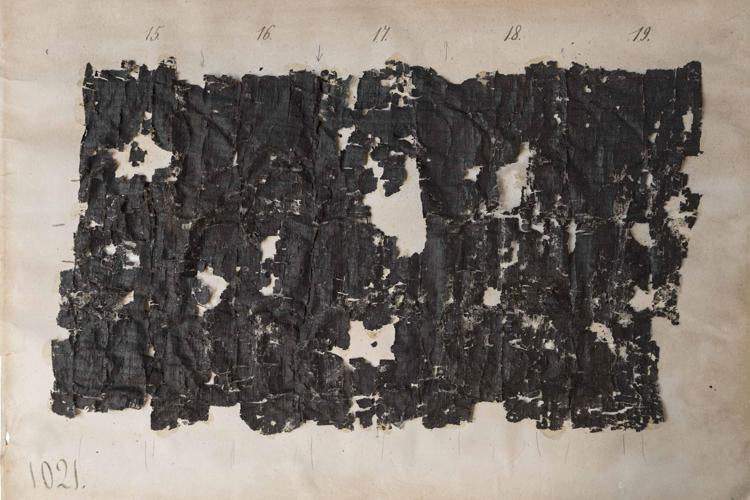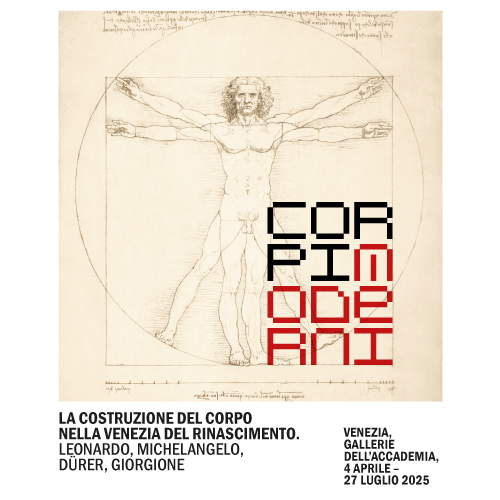From Herculaneum papyrus the oldest manuscript on the history of Greek philosophy: it will be digitized
On Monday, Jan. 18 from 9 a.m., the presentation of GreekSchools will be broadcast online with free access: the new project to decipher the Herculaneum Papyri preserved at the Vittorio Emanuele III National Library in Naples, thanks to the most advanced technologies.
The interdisciplinary project of the European Research Council, led by Graziano Ranocchia and coordinated by the University of Pisa in cooperation with CNR-ISPC, CNR-ILC and MiBACT - National Library of Naples, aims to achieve a complete reading of the precious ancient manuscripts. The goal is to produce a reliabledigital edition that responds to the methods of philology and papyrology by applying new sophisticated survey techniques, such as short-wave-infrared hyperspectral imaging (HSI). The Review of the Philosophers, a manuscript text by the Epicurean philosopher Philodemus of Gadara dating from the late Hellenistic period between 75 and 50 B.C. of considerable scholarly interest, will be the subject of particular study: it is the oldest work on the history of Greek philosophy. Emerging in the verse of one of the carbonized papyri from Herculaneum (papyrus PHerc.1691/1021), it is possible to derive from it a systematic account of the history of the Greek philosophical schools. However, other papyri may also reveal new discoveries: other scrolls in fact show an inscription on the back.
Speakers will include Paolo Mancarella (rector of the University of Pisa); Alberto Melloni (chief scientific adviser to the European Commission); Angela Liberatore (head of the Humanities and Social Sciences Unit, Ercea); Daniela Corda (Italian delegate to the European Commission for the ERC, Horizon 2020); Massimo Inguscio (president of the National Research Council); Paola Passarelli (director general for Libraries and Copyright, MiBACT); Lucio d’Alessandro (rector of Suor Orsola Benincasa University of Naples); Graziano Ranocchia (coordinator of ERC project AdG 885222-GreekSchools, University of Pisa); Roberta Ferrari (director of the Department of Philology, Literature and Linguistics, University of Pisa); Costanza Miliani (director of the Institute of Cultural Heritage Sciences, CNR); Simonetta Montemagni (director of the Institute of Computational Linguistics “A. Zampolli, CNR); Gabriele Capone (director of the ”Vittorio Emanuele III“ National Library - Naples); Fabrizio Diozzi (head of the Herculaneum Papyrus Workshop, ”Vittorio Emanuele III" National Library - Naples).
The meeting will be moderated by Anna Conticello, Service III International Relations - Secretariat General, MiBACT.
The Herculaneum papyri are a corpus of more than 1,800 papyri found in the 18th century in the Villa of the Pisoni, named after the alleged owner Lucius Calpurnius Piso Caesoninus, also known as the Villa of the Papyri at Herculaneum, charred by the eruption of Vesuvius in 79 A.D. It is the only book collection to have survived intact from antiquity. A friend of the major poets of the Augustan age and author of elegant epigrams, Philodemus of Gadara fostered the spread of Epicurean doctrine in Roman society through his teaching.
The five-year project, worth about 2,500,000 euros, will take place mainly in Naples at the National Library’s Papyrus Workshop and will be housed in the Neapolitan branch of the CNR-ISPC on the premises made available by the Suor Orsola Benincasa University.
You can watch the live broadcast at https://www.youtube.com/watch?v=ZDtmxXW6BQs
 |
| From Herculaneum papyrus the oldest manuscript on the history of Greek philosophy: it will be digitized |
Warning: the translation into English of the original Italian article was created using automatic tools. We undertake to review all articles, but we do not guarantee the total absence of inaccuracies in the translation due to the program. You can find the original by clicking on the ITA button. If you find any mistake,please contact us.





























